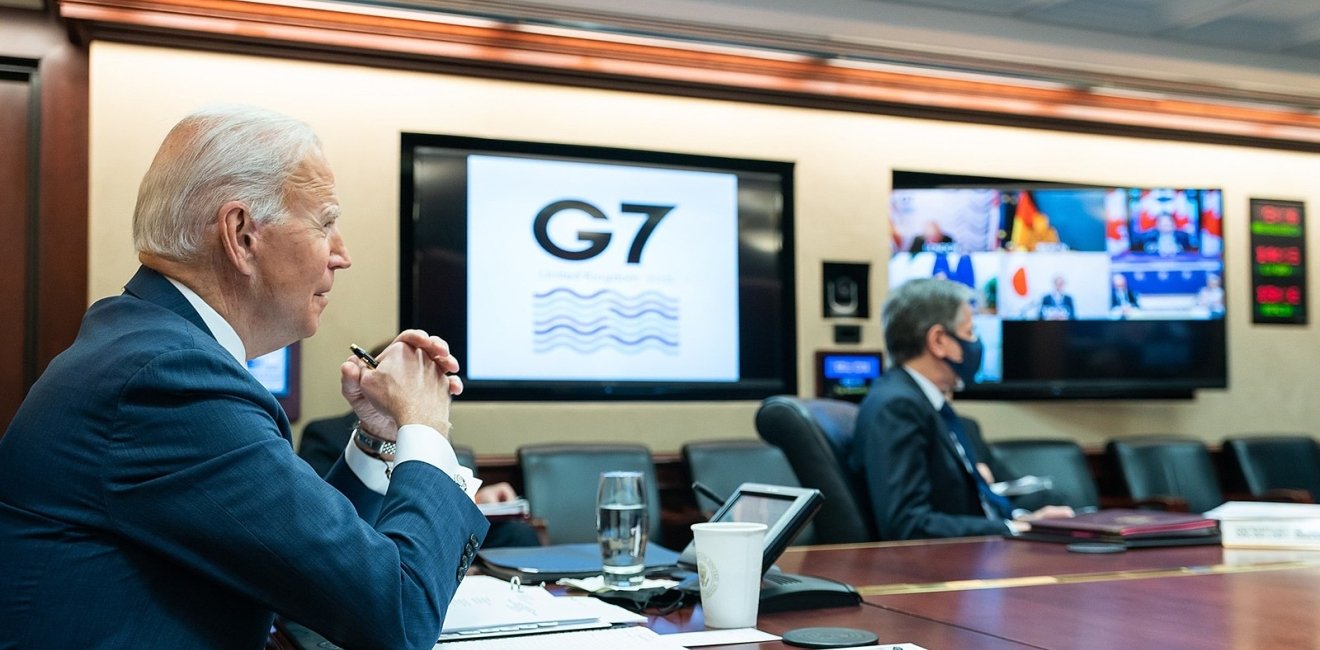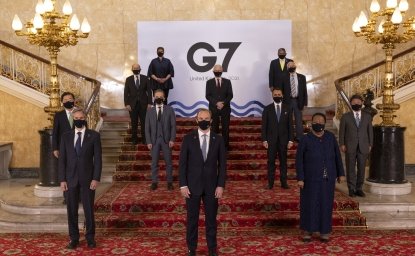"I think the White House is trying to project this message of renewed unity among leading like-minded democracies. It's really a political message that the United States is back, its back with its closest partners, and together, those partners are trying to shore up their democratic resilience, their unity, and to sort of move the world from sickness to health on a variety of fronts."
Watch Here
There'll be, I think, a new emphasis on what's called resilience. That is all of the kinds of arteries that keep our free societies open are susceptible now to disruptive attack or change, you think about the malware attacks in the United States the ransomware, but also cyber activities, hybrid. All of that is creating a new imperative for allies to think about how to become more resilient. That's a new security dimension the Alliance hasn't really done as much on as it could. And I think they will be challenged to do more"
Watch Here








